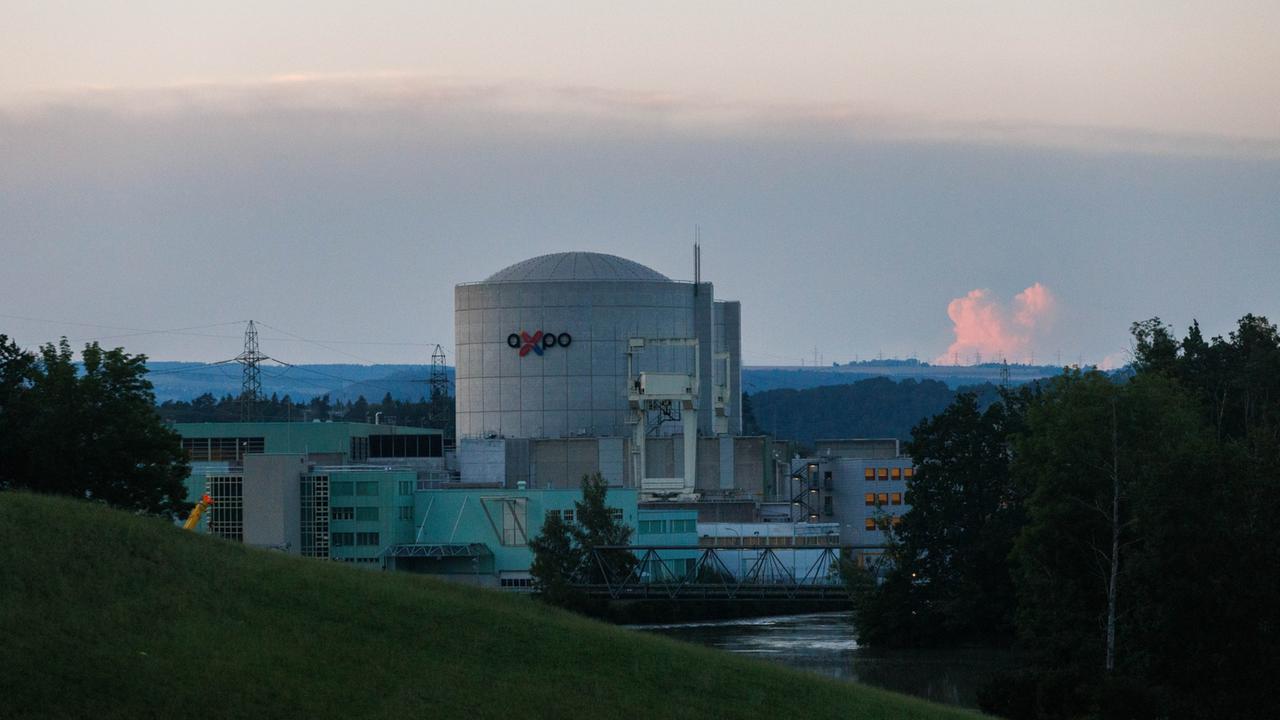Seven years ago, the Swiss decided in a referendum that no more new nuclear power plants should be built in their country. Now the government wants to overturn the construction ban – and justifies this with technological openness.
The nuclear energy law in Switzerland is about to undergo a significant reform. In May 2017, a referendum concluded that no new nuclear power plants should be built. 58.2 percent of participants voted in favor of the construction ban. However, Energy Minister Albert Rösti has now announced that the law that has been passed will be reformed – and the construction ban could thus be overturned.
“The existing ban on the construction of new nuclear power plants is incompatible with the goal of technological openness and also entails risks for the dismantling of existing plants,” the government explained. The reform is intended to keep open the possibility of producing domestic electricity all year round and around the clock.
One third of the Electricity production is atomic
Switzerland currently has four active nuclear power plants, one of which has been out of service since 2019. According to the government, it is unclear whether the expansion of renewable energies will be fast enough to replace the amount of electricity when the nuclear power plants are shut down. In addition, the country's overall electricity demand has increased. In 2023, around a third of Swiss electricity production came from nuclear energy.
Rösti wants to launch a draft for the reform, which is to be drawn up by the end of the year. The vote in 2017 only banned the construction of new nuclear power plants – existing ones could still continue to operate if safety was guaranteed.
No concrete construction plans
Despite government plans, it is still completely unclear whether new nuclear power plants will actually be built. “We have to act now in order to be ready later,” said Rösti.
Initial reactions from the Greens and the Swiss Energy Foundation were outraged. They said the government was going against the will of the people. The Swiss Nuclear Forum, which advocates the peaceful use of nuclear power, welcomed the move.




